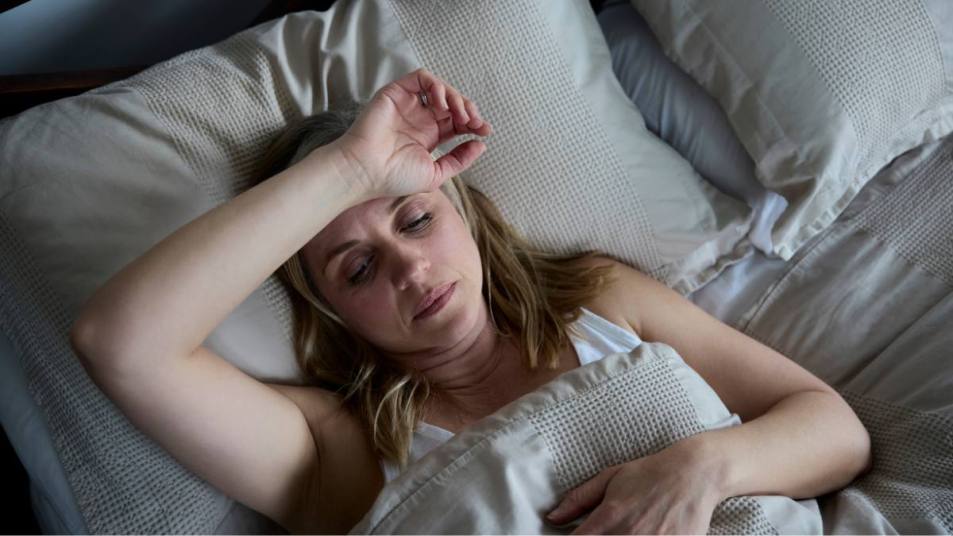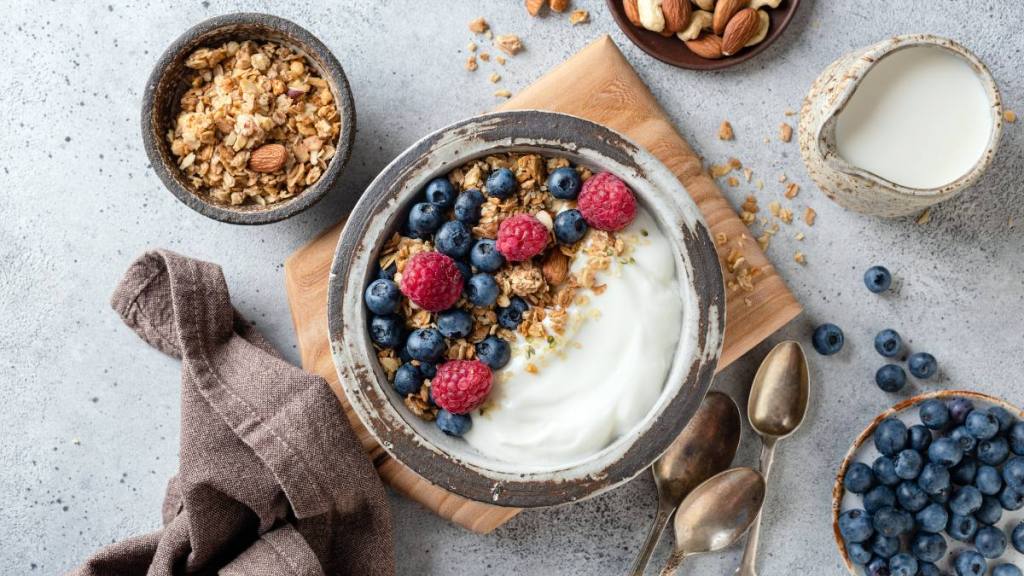Study: Lack of Sleep Raises Diabetes Risk — Docs Share Easy Tricks to Get More Zzz’s
From snacks to pre-bed pampering, you'll love these doc-approved tips

You know that lack of sleep leaves you groggy and grumpy, but you may be surprised that it can also affect insulin sensitivity. Here, easy ways to get both the Zzz’s you need and ward off diabetes improve your long-term health
How lack of sleep contributes to diabetes risk
With everything you have on your plate, you would give just about anything for a good night’s sleep. And a new study in Diabetes Care shows this elusive slumber is even more valuable than you thought because it doesn’t just boost your mood and increase your energy levels — it also helps you dodge the risk of diabetes.
“Women in the study who got just 1.5 hours less sleep a night over six weeks had higher fasting insulin levels and greater insulin resistance,” reveals lead study author Marie-Pierre St-Onge, PhD, director of the CUIMC Center of Excellence for Sleep & Circadian Research at Columbia University. She explains that lack of sleep increases inflammation and oxidative stress, which in turn cause more insulin resistance.
While insulin resistance increased 15% among pre-menopausal women, the study findings were even more pronounced in post-menopausal women, who saw an uptick of more than 20%. Though St. Onge isn’t sure exactly what causes this disparity, she suspects that since post-menopausal women have less protective estrogen, which helps regulate blood sugar, they may be more susceptible to the effects of even slight lack of sleep.
The good news is there are simple, double-duty strategies proven to help you drift off to dreamland and slash your diabetes risk. Just read on for steps so easy, you can (almost!) do them in your sleep.
Best bedtime snack: Yogurt + Berries

The right pre-bedtime meal doesn’t just protect you from developing diabetes, it can also prepare your whole system for deeper sleep, says internist John Whyte, MD, author of Take Control of Your Diabetes Risk. “Eating a snack that combines complex carbohydrates with protein before bed can help reduce insulin resistance,” he says. “The complex carbs provide a steady release of glucose, ensuring stable blood sugar levels throughout the night, while the protein can aid in sleep by promoting the synthesis of serotonin, a precursor to the sleep hormone melatonin.”
A few double-duty bites he likes: a small bowl of whole-grain cereal with milk, a slice of whole wheat bread with peanut butter or ¾ cup Greek yogurt with ½ cup berries. “These snacks can prevent overnight blood sugar dips, which is important to managing diabetes and reducing your risk of developing it.” Consider noshing on this doctor-approved menu about a couple of hours before bed to reap the dreamy, disease-proofing benefits.
Best supplement: Ashwagandha

You already know that melatonin is nearly synonymous with sleep and magnesium (the “relaxation mineral”) helps you drift off by relaxing your muscles from head to toe—but you may be surprised that the herb ashwagandha is also a “pillow-time” powerhouse, proven to help you nod off” url=”https://www.firstforwomen.com/posts/health/foods-for-constipation” title=”This SIBO Yogurt May Be the Delicious Cure For Bloating, Blue Moods and GI Discomfort You’ve Been Waiting For
Best before-bed to-do: Take a bath

Ahh, is there anything more calming than a hot soak before bed? Turns out that a little bubble bath therapy doesn’t just make you feel good, it also safeguards your health: A recent study in The Journal of Applied Physiology reveals that the warm water helps dial down inflammation and reduce blood sugar levels by triggering the release of nitric oxide, a compound that aids in the transport of glucose throughout the body — an important part of blood sugar metabolization that helps reduce the risk of diabetes.
Plus, a study in Sleep Medicine Reviews shows that taking a warm bath an hour or two before bed speeds our trip to dreamland. That’s because the warm water tells our body, “Hey! It’s hot out here—better cool down in response!” So, when we wipe off the suds and head to bed, our core temperature drops, setting the stage for sleep.
Perhaps the ultimate benefit of nightly bath time is that it sinks cortisol levels: “Chronic stress causes inflammation on the cellular level,” confirms Dr. Whyte. “There is no physical health without mental health, so anything you can do to reduce stress will help you fall asleep and manage your diabetes risk.”
Best supplement: Ashwagandha

You already know that melatonin is nearly synonymous with sleep and magnesium (the “relaxation mineral”) helps you drift off by relaxing your muscles from head to toe—but you may be surprised that the herb ashwagandha is also a “pillow-time” powerhouse, proven to help you nod off” target=”” thumb=”true” imgsrc=”” imgid=”299023″ flag=””]
In fact, a study in PloS One revealed that it plays a key role in promoting the production of GABA, an anxiety-curbing neurotransmitter that improves sleep quality. Ashwagandha’s other secret talent? “It contains flavonoids that lower glucose levels,” reveals Josh Axe, doctor of natural medicine and author of Ancient Remedies. He adds that an animal study in The International Journal of Molecular Sciences showed that the herb significantly lowered insulin resistance. For more on sleep, check out these stories: Discover The Best Magnesium for Sleep and Wake Up Happy! This ‘Music’ Switches Your Brain Into Deep Sleep Mode Automatically, Say Sleep Docs


















